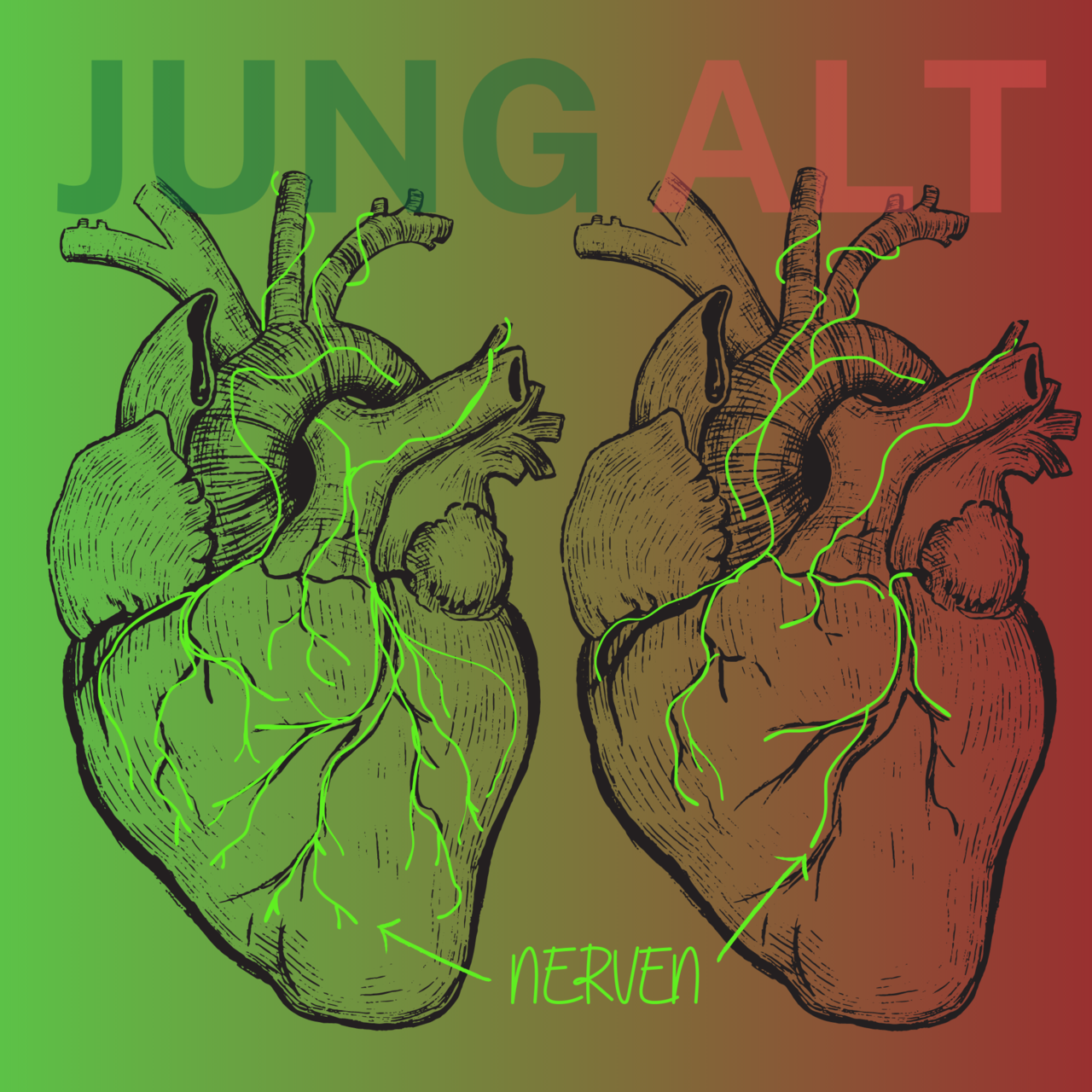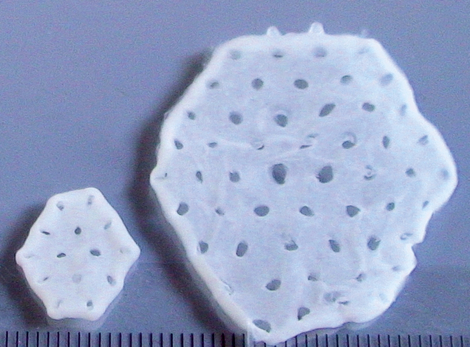Why does the ageing heart often go out of rhythm? It is primarily the left ventricle that pumps the blood through the body's circulatory system, but as we age it shows signs of ageing: it becomes larger and can sometimes become scarred, which impairs its pumping function. The study "Ageing impairs the neuro-vascular interface in the heart", carried out by the Institute for Cardiovascular Regeneration, the Cardiopulmonary Institute of the Goethe University Frankfurt and the German Centre for Cardiovascular Research (DZHK), now shows for the first time that changes also occur in the left ventricle at the interface between blood vessels and the nervous system with age. This makes it more difficult for the heart to respond to the demands of stress situations with the heart rate, or pulse. It gets out of rhythm, so to speak. The findings of the Frankfurt researchers have just been published in the renowned scientific magazine Science.
The results will be presented at the ESC Congress 2023 in Amsterdam.
Basic Science Session, 25t of August, 2-3:15 pm
Neurovascular interaction in cardiovascular ageing
Poster Station 8, 27th of August, 1:15-1:45 pm
Vascular senescesn controls the neuro-cardiac interface in the aging heart
The team of researchers led by Prof. Stefanie Dimmeler and Dr. Julian Wagner focused on the interaction between the nervous system and the blood vessels in the heart. While it has long been known that the function of the blood vessels that supply the heart with blood diminishes with age, it was not previously known whether the interaction with the nerves that supply the heart can also be influenced by the ageing process. The team was now able to show that the nerves in older hearts regress. This reaction is triggered by the fact that, with increasing age, the blood vessels in the heart release the messenger substance semaphorin-3A into their environment, which inhibits the growth and proliferation of nerve cells in the heart muscle tissue. The consequence of the reduced number of nerves in the heart itself is that the heart muscle cells are no longer "informed" by impulses from the nerve cells, e.g. by a faster heartbeat to ensure an increased oxygen supply to the body under stress. As a result, the heart loses part of its autonomous control over the heart rate, which may have a negative impact on survival in the long term, as clinical observations suggest.
Ageing cells, so-called "senescent" cells of the vascular system appear to play a central role in the loss of nerve cells in the heart. If the number of these 'senescent' cells is experimentally reduced by targeted drugs (so-called senolytica), the nerve cells grow back and the heart regains its autonomous control over pulse regulation. Future studies will have to show whether these treatment approaches can be transferred to humans.
With their novel findings on the disturbed interaction of blood and nerve cells in the heart tissue, which occurs with increasing age, the Frankfurt researchers are highlighting a largely neglected aspect of heart research.
The Institute for Cardiovascular Regeneration, the Heart and Lung Institute of the Goethe University and the German Centre for Heart Circulation Research (DZHK), respectively, point out that these findings contribute to the understanding of cardiovascular health in the context of the ageing process. This research is an important step towards a better understanding of the complex mechanisms underlying heart disease. The findings may open up new approaches to the prevention and treatment of cardiovascular diseases.
Original publication: Wagner JUG, Tombor L, Malacarne PF, Kettenhausen L-M, Panthel J, Kujundzic H, Manickam N, Schmitz K, Cipca M, Stilz KA, Fischer A, Muhly-Reinholz M, Abplanalp WT, John D, Mohanta S, Weber C, Habenicht A, Buchmann GK, Angendohr S, Amin E, Scherschel K, Klöcker N, Kelm M, Schüttler D, Clauss S, Guenther S, Boettger T, Braun T, Bär C, Pham M, Krishnan J, Hille S, Müller O, Bozoglu T, Kupatt C, Nardini E, Osmanagic-Myers S, Meyer C, Zeiher AM, Brandes RP, Luxán G, Dimmeler S. „Ageing impairs the neurovascular interface in the heart“. Science (2023) .
Scientific Contact: Prof. Stefanie Dimmeler (dimmeler@em.uni-frankfurt.de), Dr. Julian Wagner, Institute für Cardiovascular Regeneration and the Cardio-Pulmonary Institute (CPI), Goethe-University Frankfurt


